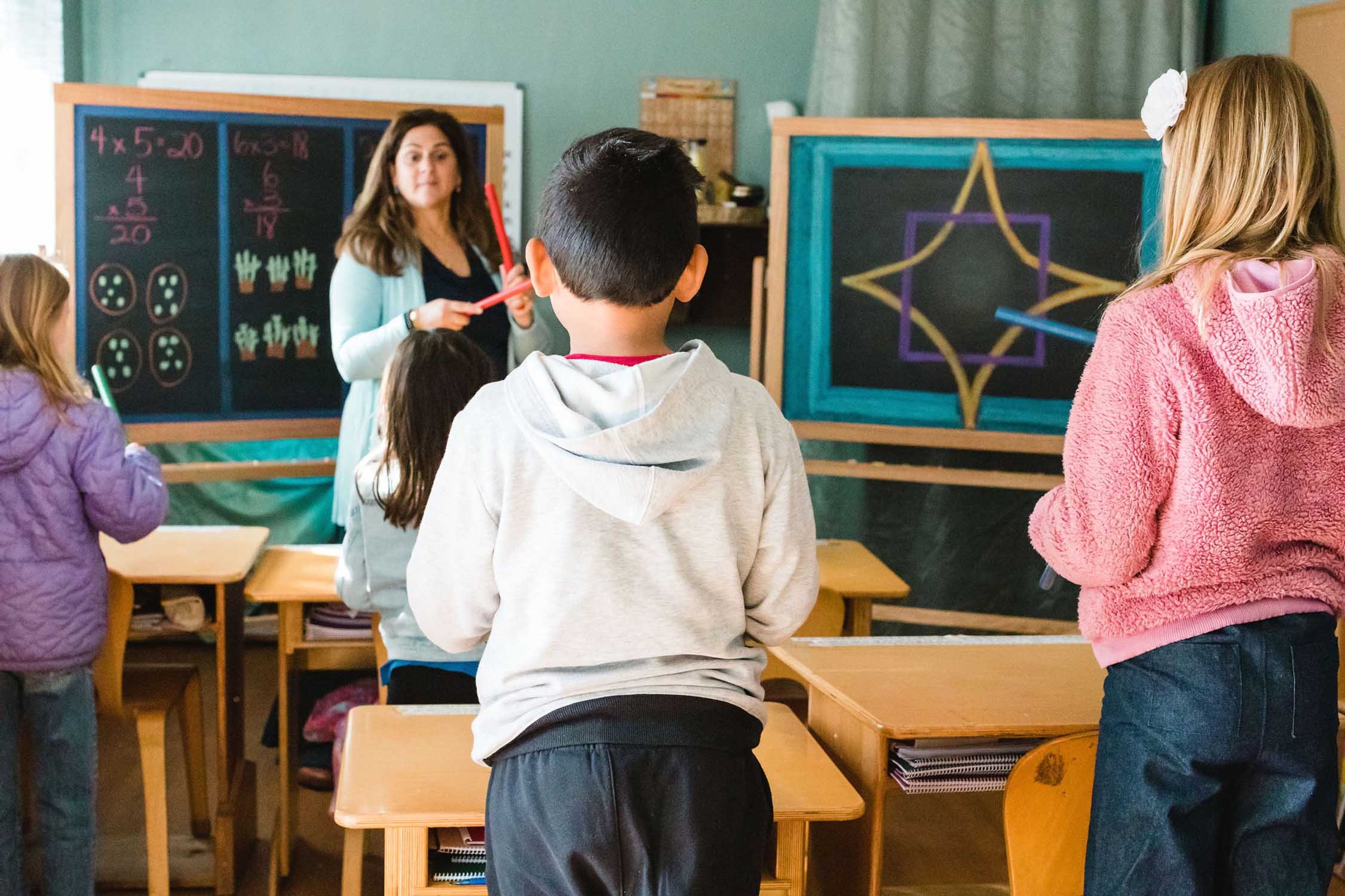The Power of Our Words
As leaders and role models to our children, Language, the Power of Our Words and Curiosity can be an instrumental tool in guiding, supporting and reflecting behavior and expectations.
Imagine “Language as a Spyglass” - this can help a child envision the possibilities of their greatness, gifts, and if an opportunity arises for self-correction for improving behaviors. Allowing the imagination of words, using the “sport announcer” as well as “naming” what you are witnessing as an adult is key for a child to self-regulate. I take into my heart that children always want to do the right thing, therefore modeling as well as voicing what is expected of them is essential for moral rightness, ownership and integrity to develop.
Strengthening our capacities as adults to be “sacred mirrors” to our children’s experiences creates intimacy, safety as well as a sense of belonging. If you see a child crying, naming “I see you have tears coming down your face, do you want to tell me why or what happened?” or “I have notice that I have asked you two times to pick up your jacket and its not done, come I will now be your helper and show you what I need you to do” - this allows a child to develop an inner reflection without judgment or shame and the child can feel the adult’s curiosity and care for what has developed in the moment. The power of “witnessing” and putting words to what is unfolding supports the self regulation and quiets down the trauma response. This also helps to keep our inner authority as parents/adults calm and neutralized when disciplining our children - tone of voice is essential when expressing emotions and when needed for safety purposes.
These approaches to communication in using strong images in our words and voicing what is “living in the moment” is one of the methods we use at school with our dear Hummingbirds students.


